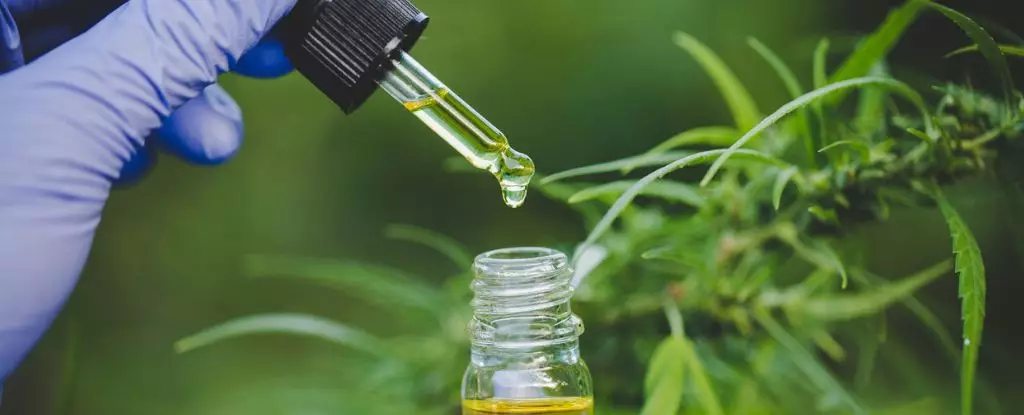Cannabigerol (CBG), a lesser-known compound found in cannabis plants, has been gaining traction in recent times and showing potential to rival CBD in terms of therapeutic benefits. The first human clinical trial testing the effects of CBG on anxiety and stress has yielded promising results among 34 healthy participants. What sets CBG apart is its ability to metabolize rapidly into both CBD and THC, the psychoactive compound in cannabis. In the trial, those who consumed a tincture of CBG reported a significant reduction in anxiety and stress levels within an hour, compared to those who took a placebo. Surprisingly, participants also showed slight improvements in verbal memory tests after ingesting CBG, which contradicts the common belief that THC negatively affects memory.
The Need for Caution
While these findings are exciting, psychologists like Carrie Cuttler from Washington State University urge caution in not letting the hype around CBG outpace scientific research, a scenario that has been observed with CBD in the past. Cuttler emphasizes the importance of replication and further studies to validate the potential of CBG as a therapeutic compound. As with CBD, which has gained popularity for its non-intoxicating properties and potential to treat various conditions, the scientific evidence supporting CBG’s purported benefits is still lacking and requires more comprehensive research.
Despite being present in cannabis plants in trace amounts and overshadowed by THC and CBD, CBG has shown promising results in preclinical studies. Some animal studies suggest that CBG possesses anti-inflammatory and pain-relieving properties, along with the ability to reduce seizures in models of child epilepsy. The recent experiments conducted by Cuttler and her team aim to bridge the gap in understanding CBG’s potential benefits. The randomized trial involved participants taking either a placebo or a CBG tincture, with assessments of mood, stress, anxiety, and other variables conducted at specific intervals after ingestion. While the initial results indicate a slight decrease in overall anxiety levels with CBG, more research is needed to solidify these findings.
Despite the positive response from users who reported using CBG to manage anxiety in a prior survey, the current trial did not demonstrate significant effects on mood. This discrepancy could be attributed to the low dosage of CBG used in the experiment or the study cohort’s already low depression rates. Cuttler highlights the growing popularity of CBG and the proliferation of unsubstantiated claims made by producers about its effects. As such, it is crucial to approach the potential of CBG with a critical eye and prioritize evidence-based research to unlock its full therapeutic potential.
The emergence of CBG as a promising cannabinoid compound underscores the need for rigorous scientific inquiry to validate its effects on anxiety, stress, and other health conditions. While initial findings appear encouraging, further studies are essential to elucidate the mechanisms of action and potential benefits of CBG. By avoiding sweeping claims and focusing on comprehensive research, the scientific community can better understand the role of CBG in the evolving landscape of cannabis-derived therapeutics.


Leave a Reply